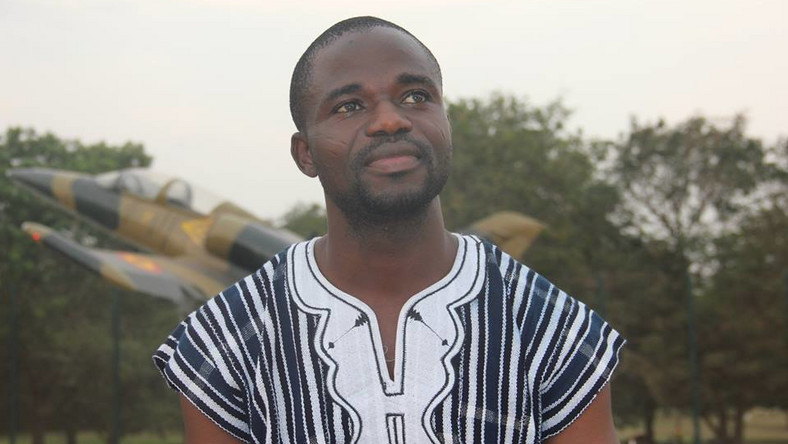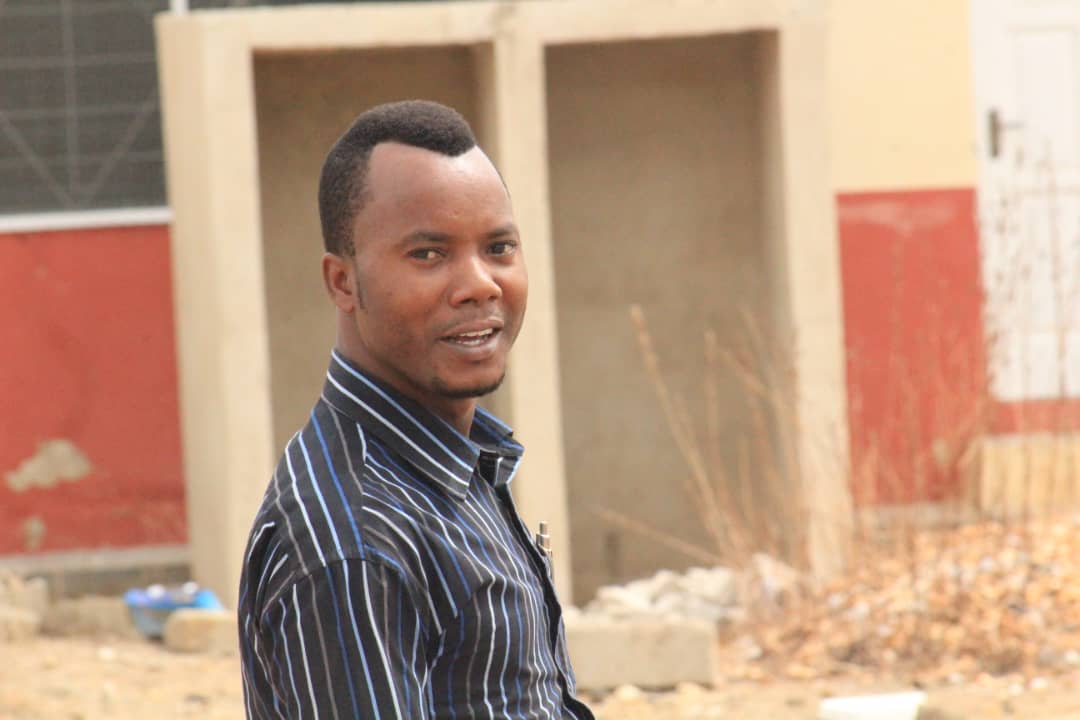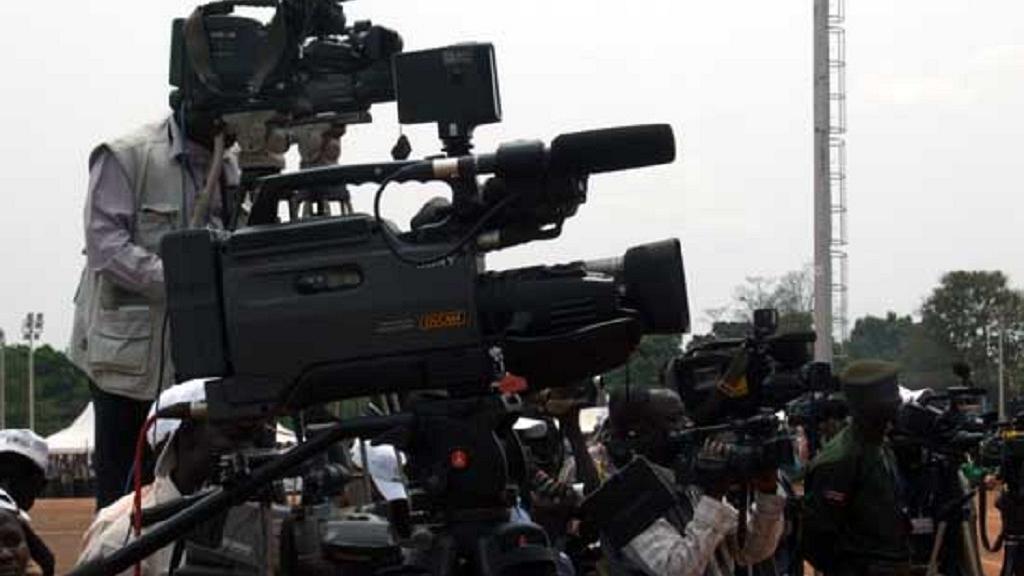Ghana has always performed better on the World Press Freedom Index and in 2018 towered over all other African countries.
But that enviable feat is fast changing following a number of threats to lives of some journalists. A number of journalists have come under threat over their works in the West African nation.
An investigative journalist with the Tiger Eye PI firm owned by renowned investigative journalist Anas Aremeyaw Anas, Ahmed Husein-Suale was shot and killed in cold blood by some unknown assailants at a suburb of the capital, Accra early this year.
The incident was linked to the exploits in exposing corruption in football in Ghana and Africa in the Number-12 documentary that shocked many.
Police in Ghana are yet to arrest the assailants since his murder, Wednesday, 16 January 2019.
Drop in press freedom index
The incident contributed largely for the drop in Ghana’s standing in the World Press Freedom Index report put together by Reporters Without Borders.
The country lost its status as Africa’s best-ranked country in the Index to Namibia placing 27 as against 23 in 2018.
The report attributed the drop in four places mainly to the killing of a Tiger Eye PI member Hussein-Suale and the threat on his life prior to his murder by New Patriotic Party (NPP) MP Kennedy Agyapong.

“A group of investigative journalists had to spend part of 2018 in hiding after producing a documentary about Ghanaian soccer corruption. A ruling party parliamentarian who had been named in the documentary publicly threatened one of the journalists without ever being sanctioned.
The journalist was shot dead in the street a few months later. Journalists are rarely arrested but several were attacked with impunity in 2018, in some cases by police officers,” the report captured.
More death threats
A number of journalists have also come under threat after Ahmed’s murder. An investigative journalist with the Multimedia group in Ghana Manasseh Azure Awuni for instance is seeking refuge abroad after becoming a target of death threats.
The threats accompanied the release of his documentary titled ‘militia in the heart of the nation,’ which revealed the presence of pro-government militia force, De-Eye Group working at the former seat of government, Christiansborg Castle.
The documentary cited the President of Ghana, Nana Addo Dankwa Akufo-Addo’s former bodyguard as the brain behind the training of the ‘militia’.
The founder of the Media Foundation for West Africa (MFWA), Professor Kwame Karikari, during a public address at an event to mark World Press Freedom Day this month revealed that his outfit had to intervene to ensure safety of the journalist.

“In most of March and April this year, the very well-known and respected investigative journalist of Multimedia fame Manasseh Azure Awuni spent virtually all of March and April this year running and hiding from rogue elements of unknown identities who were burnt on campaign to murder him,” he said.
“At first, Manasseh’s employers kept moving him from hiding place to hiding place. The police came in to provide him bodyguards for protection during the day.
“Even this was not enough. The threat got so unbearable the media Foundation for West Africa had to step in to find refuge or save heaven for him in a foreign country,” Prof. Karikari added.
Starr FM’s Upper East regional correspondent Edward Adeti is another journalist whose life has come under threat in Ghana.
The journalist’s work resulted in the resignation of a minister of state over attempts to bribe the reporter to kill an investigative piece.
Former Upper East regional minister and Minister of State in Charge of Special Duties at the Presidency Rockson Ayine Bukari resigned after a tape emerged of him attempting to bribe Mr. Adeti to drop an investigative story about a Chinese mining company, Shaanxi Mining Ghana Limited, and the most senior judge in the Upper East region, Justice Jacob B. Boon.
The Starr FM journalist revealed threats to his life following the expose’ and subsequent resignation of the minister.

He said “I have received threats since last year on text and even on social media. The latest was yesterday [Monday, 29 April 2019], one Mubariq Muntari said: ‘Edward Adeti will regret this.’ So, as for the fears I have them as a human being but for me I think I’ll rather die than allow injustice to prevail because at the end of the day, all of us will die but we may not know how we will die.”
Mr. Adeti’s residence was broken into by some unknown persons a day after his revelations of threats. The intruder(s) managed to make away with a TV set in the sitting room after breaking a burglary proof on one of the windows.
Call for protection
The Ghana Journalists Association, umbrella body for journalists in Ghana demanded for police protection for Edward Adeti after the incident.
The incidents recounted above are but just a few of the challenges media professionals are facing in Ghana.
These happenings have reignited debates about safety of journalists in the West African country which was the first to gain independence in Sub-Saharan Africa. Media practitioners want some done immediately about the development.
“A certain uncertainty hangs over the profession called journalism in Ghana. Journalists are supposed to be one of the bravest groups of professionals around the world, but that quality is fast declining due to recent examples of threats and attacks on journalists in the country.
I used to be a firm believer in the adage “the pen is mightier than the sword” but not anymore; politics is mightier than the pen in Ghana now, in my opinion,” A female newscaster told Africafeeds.com.
“The recent upsurge of attack on journalist is not only a bad development in Ghana currently but also a threat to me, my family and colleagues. I believe it will get to a point where journalists may be forced to change career for the sake of protecting ourselves and our family.
Government must seriously take action to ensure such occurrences in the Ghanaian media landscape are dealt with to ensure the security of media practitioner. You can imagine how the ineffective role of journalist can affect the development of countries such as Ghana,” a senior business journalist said to Africafeeds.com.
“It’s not a pleasant feeling knowing something you love doing could very much become the means by which your life is cut short. As a people maybe we lack the understanding of what press freedom really means, else some of these things won’t happen,” another journalist with a reputable media outlet in Accra told Africafeeds.com.
Source: Africafeeds.com



